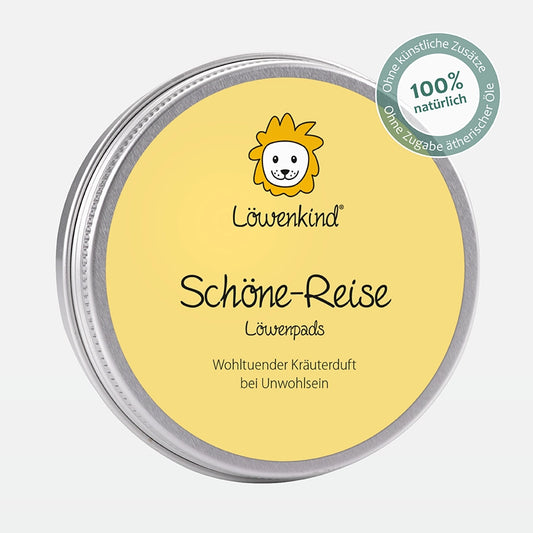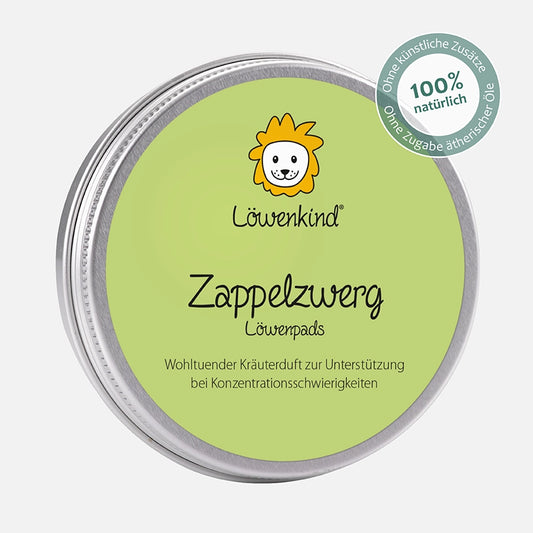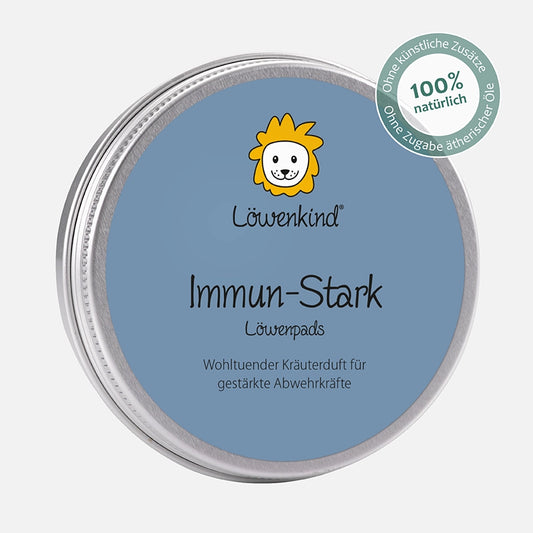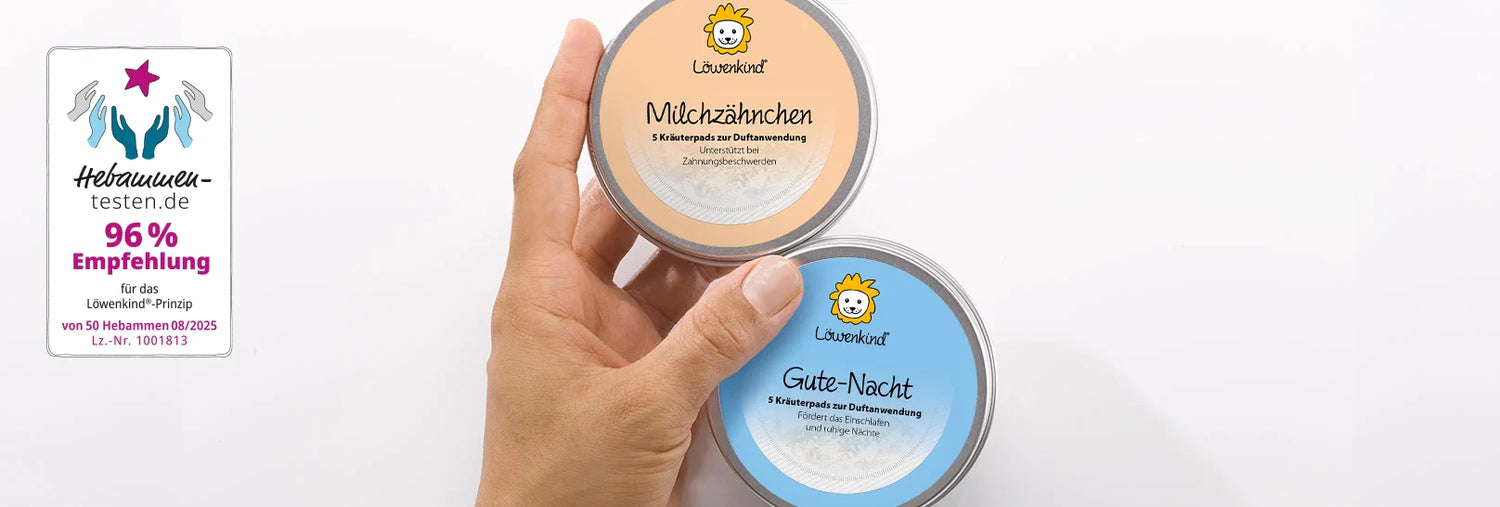The start of complementary feeding is an exciting milestone in a baby's development. But with the anticipation comes many questions:
When is the right time? What should you feed first? And how can you make the transition as smooth as possible for your baby?
In this blog post, we would like to give you, as parents, some guidance on how to get the perfect start to complementary feeding.
Tip 1: Choose the right time
The ideal time to start solid foods is between 5 and 7 months of age. Pay attention to your baby's signs: If they watch you eat with interest or can hold their head securely, they may be ready to try solid foods. Every baby develops differently, so don't rush it and give your baby the time they need.
Tip 2: Start with easily digestible foods
Mild vegetables like carrots, parsnips, or pumpkin are particularly suitable for the first puree . These vegetables are easy to digest and well-accepted by most babies. Later, you can also add potatoes or sweet potatoes.
Tip: Mix breast milk or infant formula into the puree at the beginning to make the transition easier for your baby.
Tip 3: Offer new foods slowly
It's important to give your baby time to get used to new tastes. Introduce each new food one at a time and slowly, ideally three to five days apart. This will also help you determine if your baby is allergic to certain foods or is developing digestive problems. By keeping a gap between new foods, you can more easily identify potential intolerances and gently introduce your baby to solid foods.
Tip 4: Pay attention to your baby’s gut feeling
The transition to solid food is exciting, but can sometimes also be stressful . Our Happy Tummy Pad offers gentle support during the dietary transition and helps soothe your child's digestion in a natural way.
To the sunny tummy pad
Tip 5: Take your time and be patient
Not every baby will immediately enthusiastically eat everything you offer. Starting complementary feeding is a phase of trial and error – and sometimes it takes several attempts before your baby accepts a new food. Stay patient and don't take it personally if your child initially rejects certain foods.
Tip 6: Create a calm dining atmosphere
Eating should be a positive and relaxing experience for your baby. Sit down with your baby at the table, create a calm environment, and avoid distractions like the television or loud music. Even if your baby only eats a small amount, the shared moment counts.
Tip: Make the start of mealtime a ritual that makes your baby feel safe. A designated place at the table and familiar routines help create a calm atmosphere.
Introducing solid foods is not only an important step in your baby's development, but also a wonderful opportunity to discover new tastes together. With patience, love, and the right tips , this time will be an unforgettable experience for the whole family. Remember that every baby grows at their own pace, and as a parent, you instinctively know what's best for your child.











